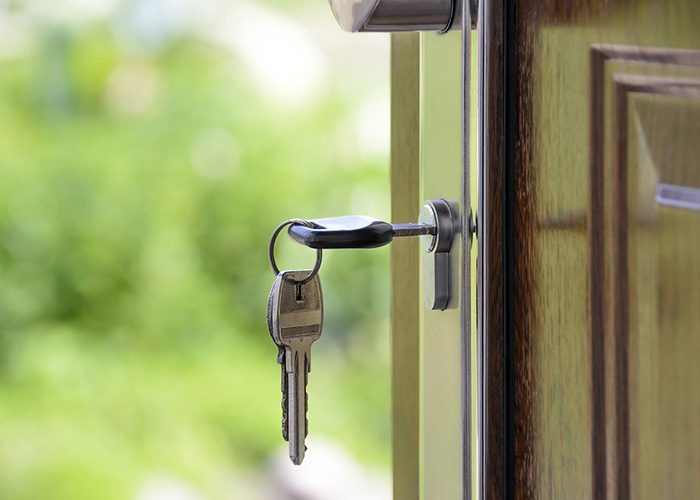
Veterans who have lost their use of sight or become blind are entitled to a higher monthly compensation to accommodate for their disability, so it may come as a surprise that a popular home renovations grant program for veterans initially left them ineligible for funds to improve their homes. This oversight was corrected on August 8, 2020, with the passing of the Ryan Kules and Paul Penne Specially Adaptive Housing Improvement Act of 2019, which expands on the original Specially Adapted Housing (SAH) Program to specifically offer eligibility to blind veterans, opening up a new source of funds for them to renovate their homes to match their needs.
Expanded Grant’s Features
In addition to expanded eligibility for blind veterans, the bill also raises the maximum funds that veterans can receive from $83,000 to $98,000, allows eligible veterans access to their funds six times instead of the previously capped three, and gives similarly eligible veterans access to that full amount every ten years to accommodate for changing homes and needs. The bill also increases the number of annual grant applications from 30 to 120, which paired with the bill’s other benefits, significantly increases vets’ ability to renovate their homes to suit life spent with a severe disability. Prior to this bill, blindness and vision loss weren’t specifically identified as service-connected conditions critical enough to warrant eligibility.
More Benefits with Special Monthly Compensation
So what about the higher monthly compensation we mentioned above? Hopefully, veterans with service-connected vision loss or blindness are aware of the additional regular compensation they qualify for, but to briefly explain, the VA offers Special Monthly Compensation (SMC) to veterans and their spouses, surviving spouses, or parents for certain disabilities and needs.
Only severe disabilities like amputation, loss of use in a limb, or an inability to live independently offer eligibility. Blindness and vision loss, in one or two, qualify as well, and if this applies to you, SMC is the most straightforward way for you to seek compensation from the VA. SMC rates change each year, and the monthly amount owed to veterans may vary depending on your disability. If you have children, you may also qualify for additional compensation. The VA provides a rating table to determine which level of compensation best matches your disability.
Maximize Your Compensation
Veterans suffering from blindness or vision loss, or any other severe disability that entitles you to higher compensation like SMC or eligibility for home renovation programs, are encouraged to seek out the highest compensation they deserve. If your home needs renovation to accommodate your needs from a service-connected disability, don’t hesitate to apply for a SAH grant. And if you’re having trouble collecting SMC or aren’t getting as much as you think you deserve, reach out to VA Disability Group PLLC at 844-VET-LAWS. We can help you deal with the claims process and work to get you approved for SMC so that you collect the compensation you need to live a safe and productive life.




Comments are closed